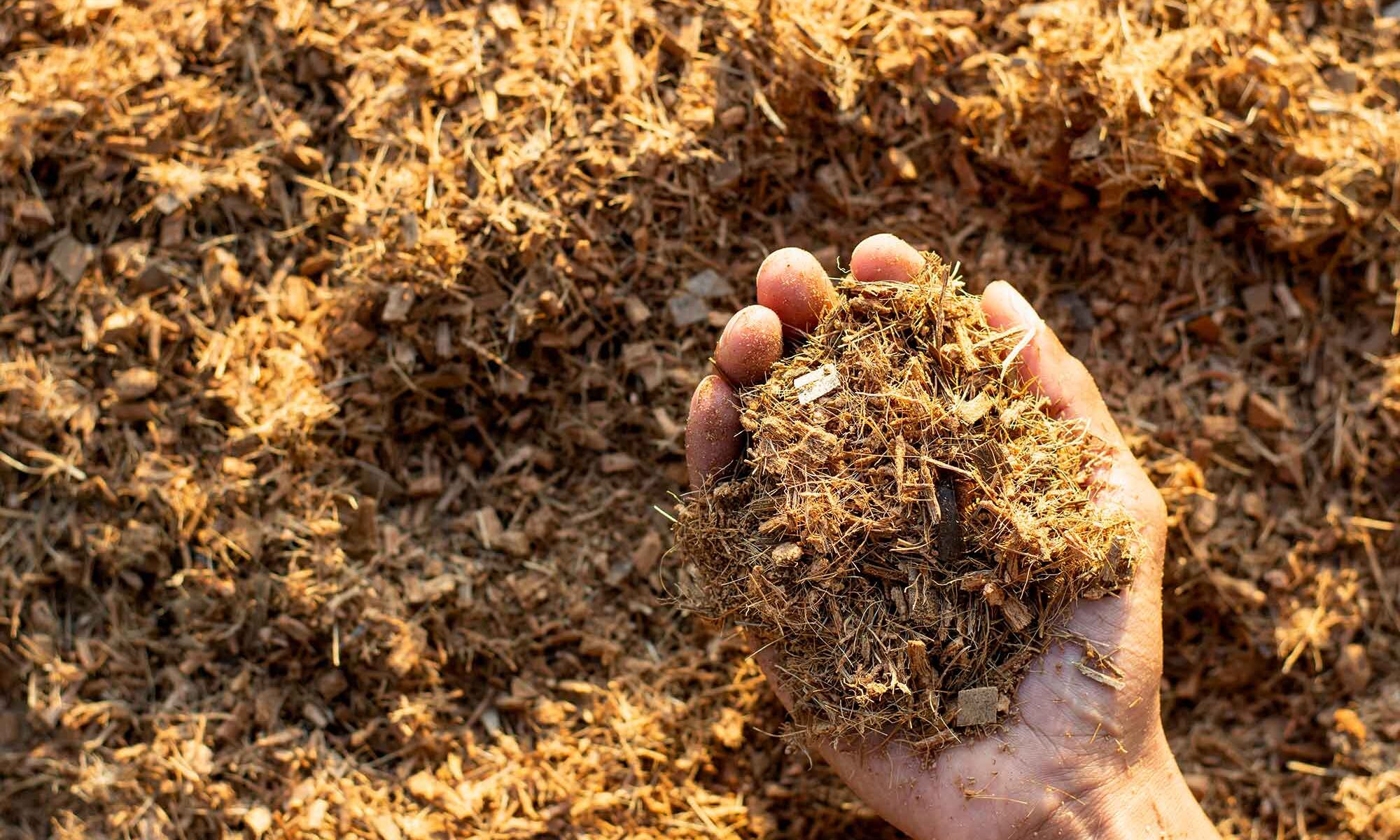The origins of the research into this ‘Binderless’ technology lie in the coconut. Or rather: the fibrous husk surrounding it and that is burnt as waste or left on the plantation after harvesting. Pressing the fibres at high temperatures releases lignin and other components, which combine to act as glue.
The current CBPM Development of Sustainable Binderless Product Technology project has unravelled the exact workings of this mechanism and further developed the technology so that it also works with Dutch local residual and side streams. Project leader Richard Gosselink said: “In particular, it concerns fibrous residual streams released in forest management or the food industry. Think of pruning waste, wood, leaves or crops like hemp and miscanthus. This also makes this technique interesting for the Dutch and European markets.”
The properties of the biobased boards are similar to those of MDF or Trespa, but without the fossil-based synthetic glue, which often contain toxic solvents. “With our Binderless technology, we no longer need any additional glue at all. This is unique, sustainable and healthier. It also saves production costs.”
Apart from construction materials, the Binderless technology can also be used for other applications, such as packaging.
For more information, visit the Wageningen University & Research (WUR) website.
Image: kram-9/Shutterstock



